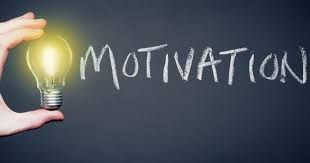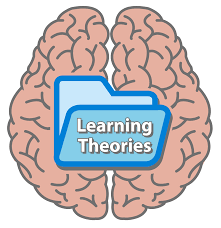Dimensions of Personality of Table Tennis Sports Persons
Presentation Character assumes an essential part in deciding table tennis execution and achievement. Understanding the components of character in table tennis sports people can assist mentors, coaches and clinicians with developing powerful techniques to upgrade execution and in general prosperity. Huge Five Character Qualities 1. Receptiveness to Experience: Inventive, inquisitive and liberal people who adjust well to new circumstances. 2. Reliability: Coordinated, dependable and objective situated people who focus on assignments. 3. Extraversion: Cordial, agreeable and decisive people who flourish in group conditions. 4. Suitability: Agreeable, sympathetic and touchy people who encourage positive connections. 5. Neuroticism: Sincerely delicate and receptive people who might encounter execution nervousness. Extra Aspects 1. Intensity: Want to win and succeed. 2. Flexibility: Capacity to adapt to misfortune and mishaps. 3. Certainty: Confidence in one's capacities. 4. Inspiration: ...



